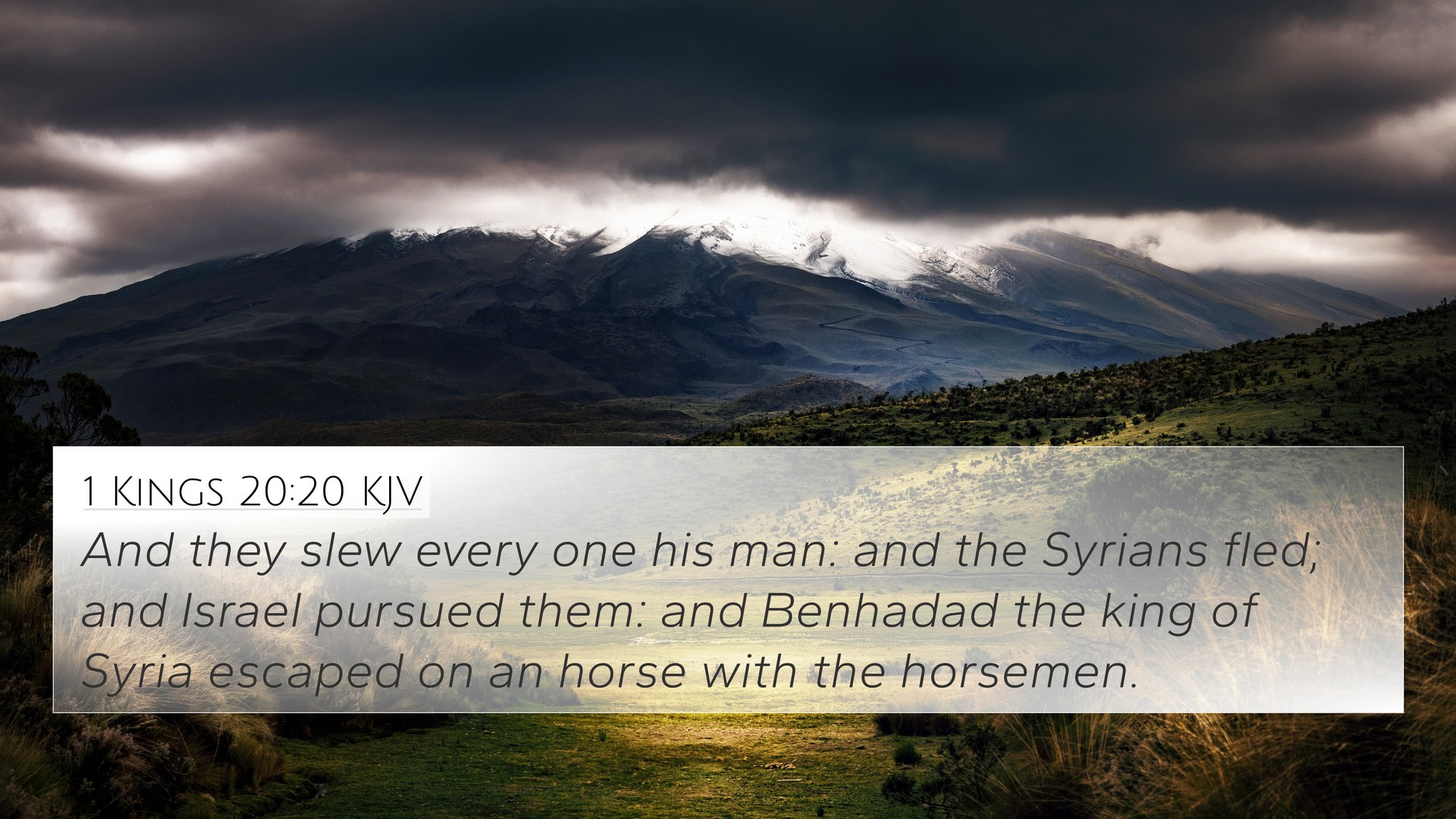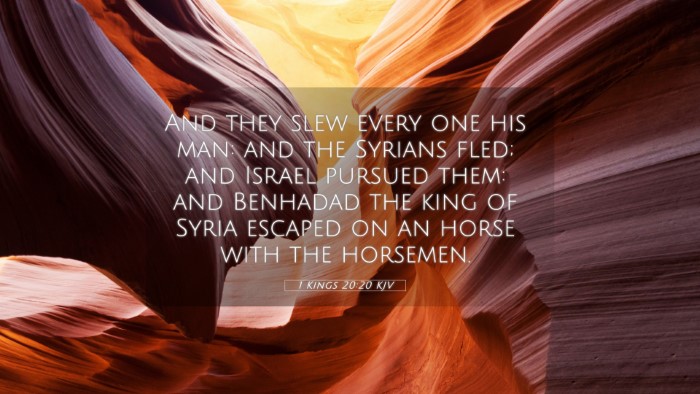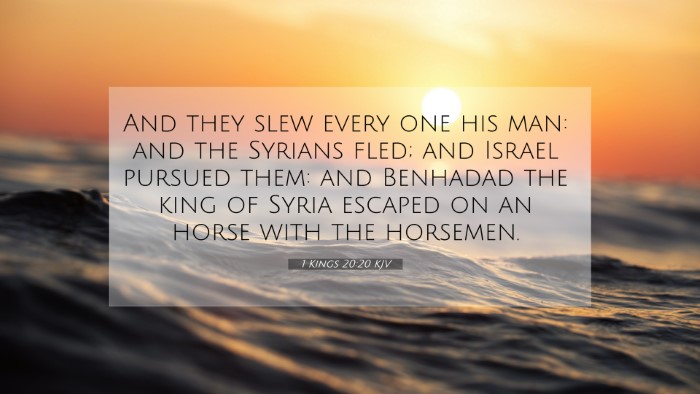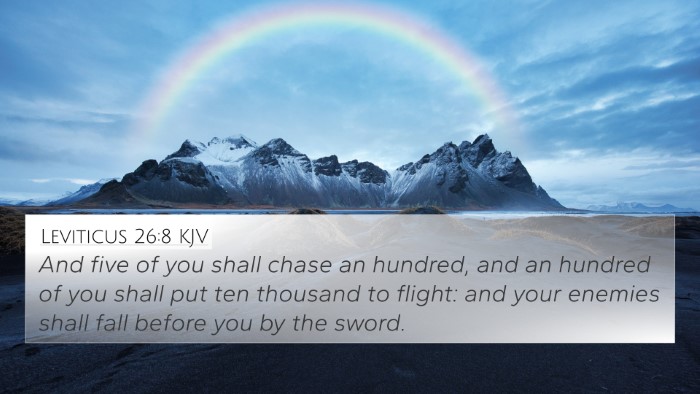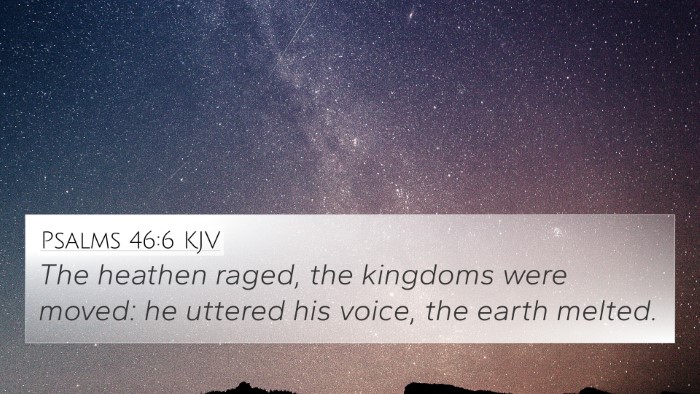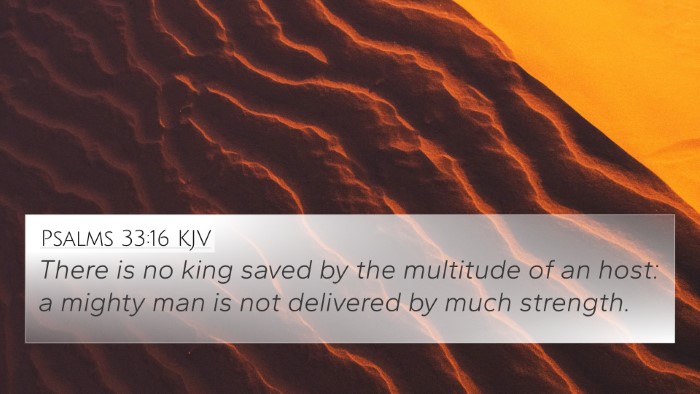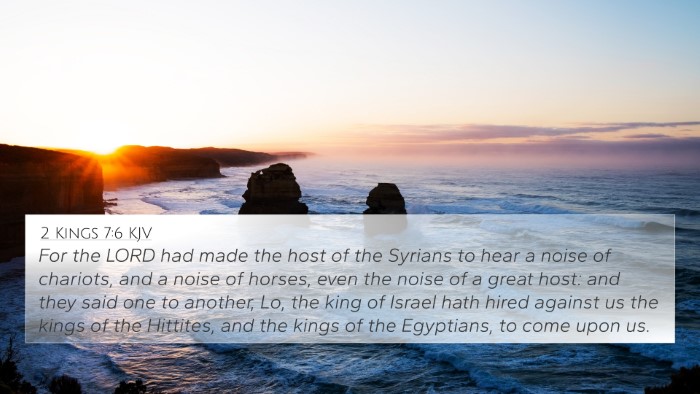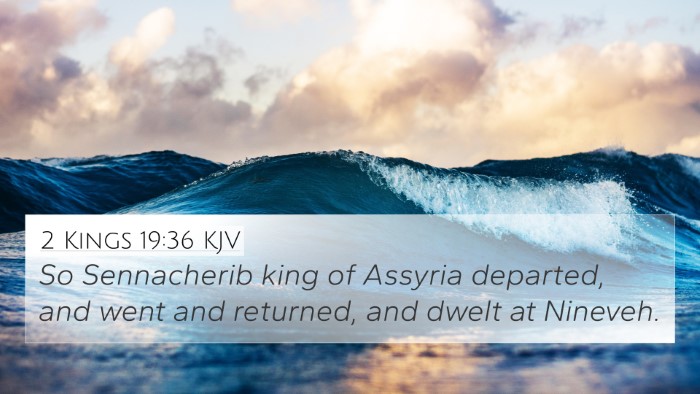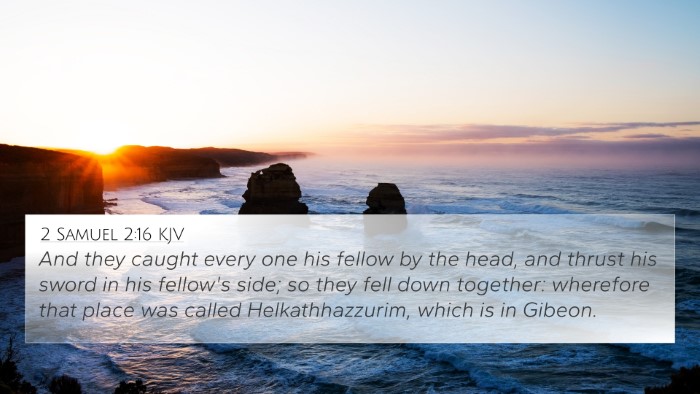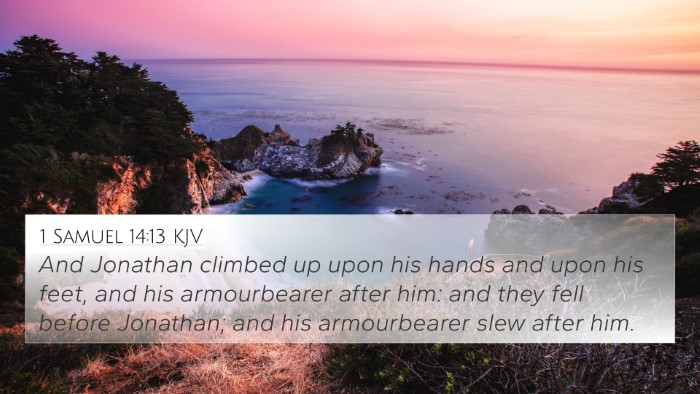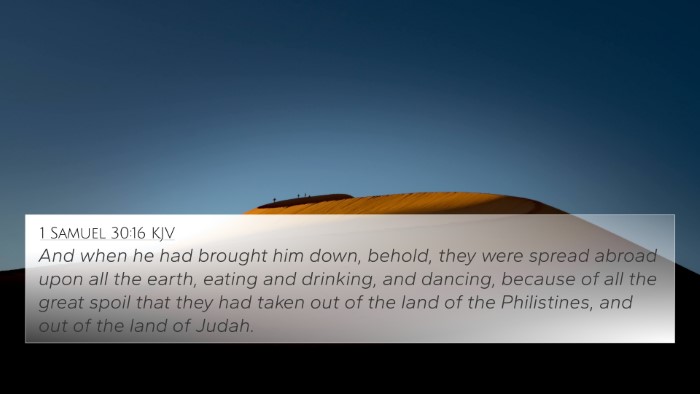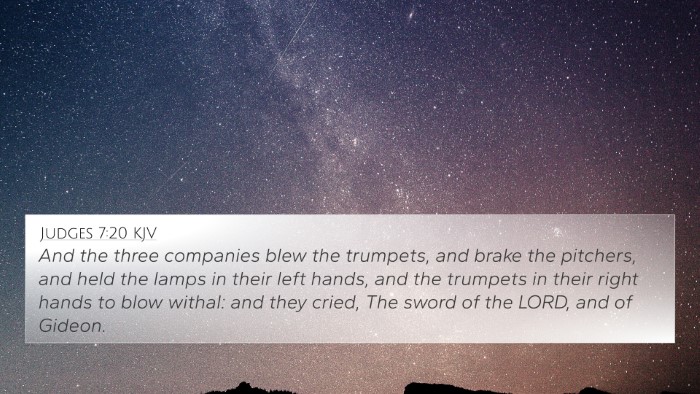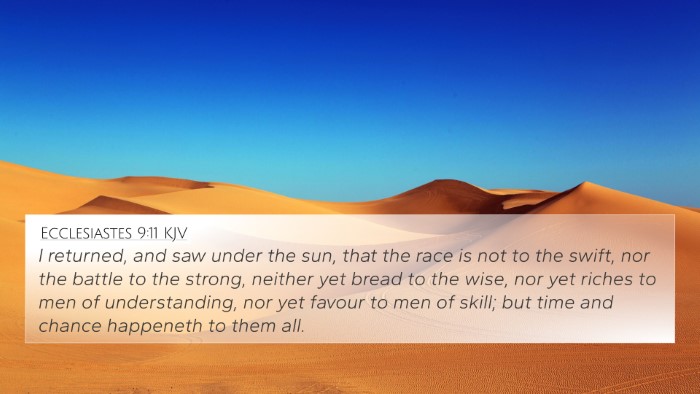Understanding 1 Kings 20:20
Bible Verse: 1 Kings 20:20 - "And they went out at noon. But Ben-Hadad was drinking himself drunk in the pavilions, he and the kings, the thirty and two kings that helped him."
Overview of the Verse
This verse provides a snapshot of a pivotal moment in the conflict between Israel and Syria, highlighting the arrogance of King Ben-Hadad of Syria. The scene captures a stark contrast between the behavior of the drunken king and the strategic movements of the Israelite soldiers.
Commentary Insights
This verse has been examined by various scholars and commentaries, providing rich insights into its meaning:
- Matthew Henry: Henry points out the folly of Ben-Hadad’s drunkenness in the face of warfare. He emphasizes how excessive indulgence in pleasure can lead leaders to neglect their duties and ultimately bring about their downfall.
- Albert Barnes: Barnes elaborates on the significance of the pavilions where Ben-Hadad is drinking. The imagery represents a false sense of security that often accompanies pride, showcasing how unpreparedness can lead to defeat.
- Adam Clarke: Clarke describes the implications of the kings surrounding Ben-Hadad and how their presence illustrates the alliances formed against Israel. This context underscores the larger political and military dynamics at play.
Key Themes and Connections
1 Kings 20:20 touches upon significant themes such as arrogance, folly in leadership, and the precariousness of alliances. Furthermore, it connects to various other biblical passages:
- Proverbs 16:18: "Pride goes before destruction, and a haughty spirit before a fall." This echoes the sentiment of Ben-Hadad’s overconfidence leading to his eventual defeat.
- Psalm 1:1-2: "Blessed is the man who walks not in the counsel of the wicked." The association between wise counsel and folly is mirrored in Ben-Hadad's drunken revelry.
- Isaiah 28:1: "Woe to the crown of pride, to the drunkards of Ephraim." This verse reinforces the notion that pride and drunkenness lead to ruin.
- Lamentations 4:21: "Rejoice and be glad, O daughter of Edom." While context varies, this speaks to the hubris of those who think themselves invulnerable, akin to Ben-Hadad's arrogance.
- Daniel 5:2-4: The banquet of Belshazzar mirrors the drunken feasting of Ben-Hadad, both leading to divine judgment.
- Matthew 24:38: "For as in the days before the flood, they were eating and drinking, marrying and giving in marriage." This passage links to the theme of ignorance in the face of impending judgment.
- 1 Corinthians 10:12: "Therefore let him who thinks he stands take heed lest he fall." This warning aligns with the pride exemplified by Ben-Hadad.
Bible Cross-References
1 Kings 20:20 promotes a deeper understanding through cross-referencing. Here are Bible verses that support this verse:
- James 4:6: "God opposes the proud but gives grace to the humble."
- Luke 14:11: "For everyone who exalts himself will be humbled, and he who humbles himself will be exalted."
- Proverbs 20:1: "Wine is a mocker, strong drink is raging: and whosoever is deceived thereby is not wise."
Application for Study
This verse serves as a crucial reflection on the consequences of neglecting responsibilities and allowing pride to take over, applicable in both personal and ministerial contexts. Whether conducting a Bible cross-reference guide or engaging in cross-reference Bible study, recognizing these patterns enhances understanding of biblical teachings.
Further Exploration
For those interested in how to find cross-references in the Bible or identifying the connections between Old and New Testaments, this passage provides a foundational example. It illustrates the intricate web of biblical narratives, revealing how the themes of leadership, pride, and folly resonate through scripture.
Conclusion
1 Kings 20:20 stands as a testament to the perils of arrogance and the importance of vigilance. The insights gleaned from its examination not only shed light on the historical context but also encourage modern readers to apply this wisdom in their own lives, facilitating a deeper engagement with the Word of God.
